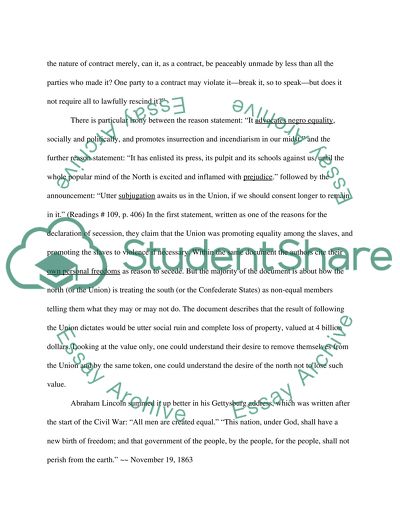Cite this document
(Slavery and the Mississippi Secession Assignment, n.d.)
Slavery and the Mississippi Secession Assignment. https://studentshare.org/history/1524561-slavery-and-the-mississippi-secession
Slavery and the Mississippi Secession Assignment. https://studentshare.org/history/1524561-slavery-and-the-mississippi-secession
(Slavery and the Mississippi Secession Assignment)
Slavery and the Mississippi Secession Assignment. https://studentshare.org/history/1524561-slavery-and-the-mississippi-secession.
Slavery and the Mississippi Secession Assignment. https://studentshare.org/history/1524561-slavery-and-the-mississippi-secession.
“Slavery and the Mississippi Secession Assignment”. https://studentshare.org/history/1524561-slavery-and-the-mississippi-secession.


